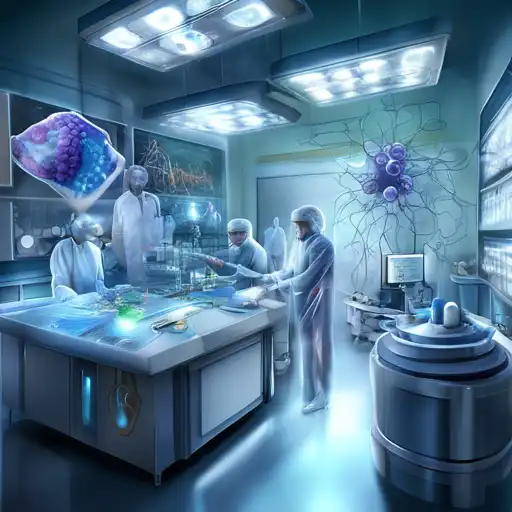Introduction to Nanotechnology in Medicine
Nanotechnology, the science of manipulating matter at the atomic and molecular scale, is set to revolutionize the medical field. With its ability to operate at the same scale as biological molecules, nanotechnology offers unprecedented opportunities for diagnosis, treatment, and prevention of diseases. This article explores the groundbreaking advancements and potential of nanotechnology in medicine.
The Promise of Nanomedicine
Nanomedicine, the application of nanotechnology in healthcare, promises to transform the way we approach disease treatment and prevention. From targeted drug delivery systems that minimize side effects to nanorobots capable of repairing damaged tissues, the possibilities are endless. The precision and efficiency of nanomedicine could lead to more effective treatments with fewer side effects.
Current Applications of Nanotechnology in Medicine
Today, nanotechnology is already making waves in various medical applications. Some of the most notable include:
- Drug Delivery: Nanoparticles are being used to deliver drugs directly to diseased cells, reducing the impact on healthy cells.
- Diagnostic Tools: Nanosensors can detect diseases at their earliest stages, significantly improving treatment outcomes.
- Regenerative Medicine: Nanomaterials are aiding in the repair and regeneration of tissues and organs.
Future Prospects
The future of nanotechnology in medicine is bright, with research focusing on more sophisticated applications such as:
- Nanorobots: These microscopic robots could perform surgeries at the cellular level, offering precision beyond current capabilities.
- Personalized Medicine: Nanotechnology could enable treatments tailored to the individual's genetic makeup, enhancing effectiveness.
- Disease Prevention: Early detection and intervention could become commonplace, potentially eradicating certain diseases.
Challenges and Ethical Considerations
Despite its potential, the integration of nanotechnology into medicine faces several challenges, including:
- Safety Concerns: The long-term effects of nanoparticles on the human body are still under investigation.
- Regulatory Hurdles: Developing standards and regulations for nanomedicine products is complex and time-consuming.
- Ethical Issues: The potential for misuse and the high cost of treatments raise ethical questions about accessibility and equity.
Conclusion
Nanotechnology in medicine represents a frontier of innovation with the potential to drastically improve healthcare outcomes. While challenges remain, the ongoing research and development in this field are paving the way for a future where diseases are more effectively treated, if not eradicated. As we stand on the brink of this medical revolution, it's clear that nanotechnology is indeed the next big thing in medicine.
